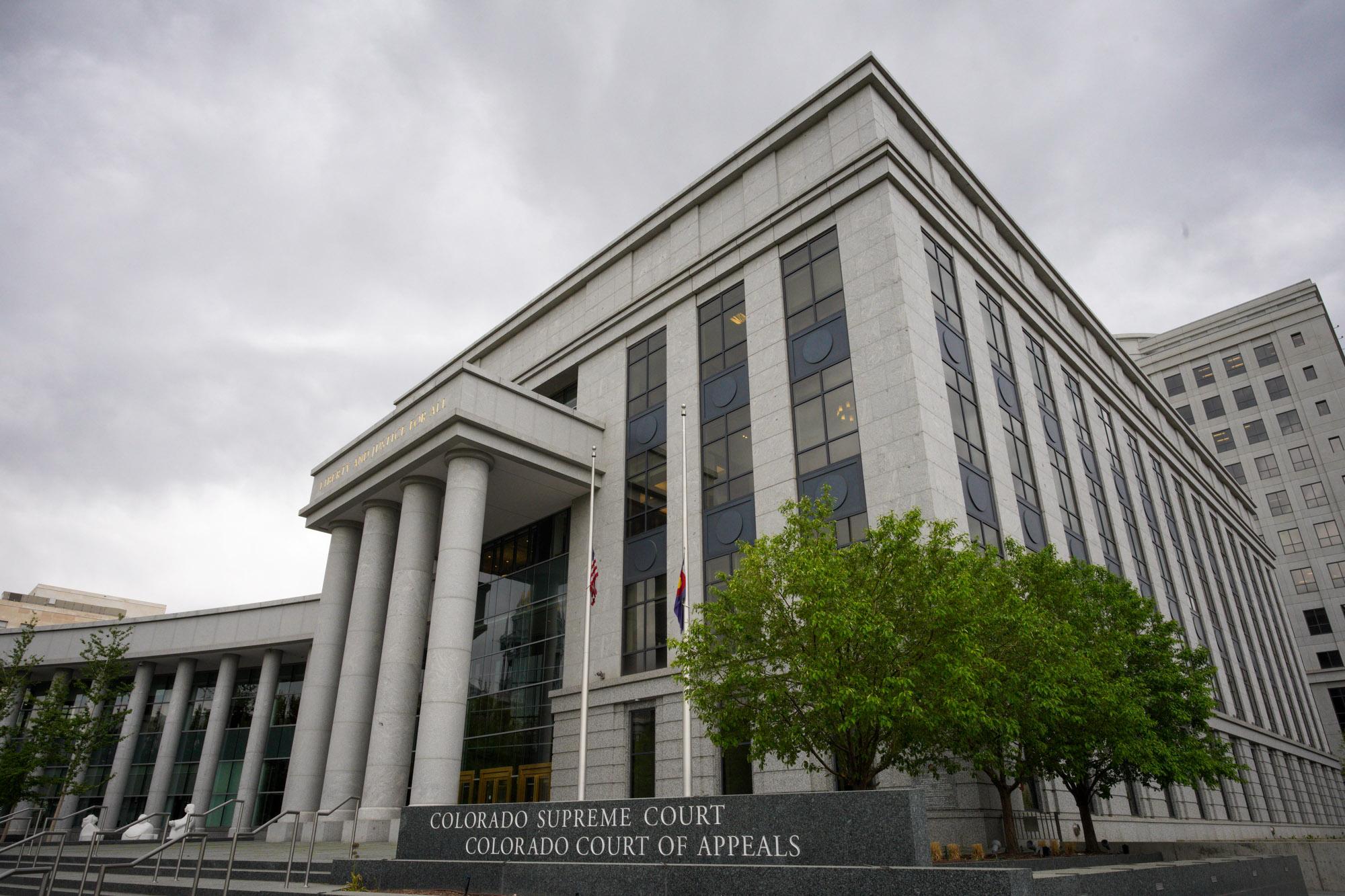
The Colorado Supreme Court has ruled that licensed legal paraprofessionals without law degrees will be able to represent clients in certain cases.
Starting July 1, licensed legal paraprofessionals may file court documents and represent their clients in mediation during domestic cases involving divorce proceedings and child custody hearings. LLPs will also be able to accompany clients to court and answer a judge’s questions, but will be unable to present oral arguments or question witnesses.
The state Supreme Court’s decision was done in the hopes of making legal representation more widely available and more affordable.
“Making it easier for people to secure legal representation in these often difficult matters has been a long-term goal of our commitment to ensuring access to justice for all Coloradans,” Colorado Supreme Court Chief Justice Brian D. Boatright said in a statement. “Allowing non-lawyers to provide limited legal representation for people who otherwise couldn’t afford it will not only help those litigants, but it will help the courts efficiently and effectively handle their cases.”
According to Colorado’s Judicial Branch, 74 percent of parties involved in domestic-related cases between July 2021 and June 2022 represented themselves.
How to become a licensed legal paraprofessional
Prospective legal paraprofessionals will be subject to similar educational requirements as lawyers before they’re able to represent clients, as outlined by the new Rule 207 of the Colorado Rules of Civil Procedure.
First, applicants must either work the equivalent of three full-time years in family law, or obtain certification, such as an associate's or bachelor’s degree in paralegal studies, or a paralegal certificate while completing a four-year degree program. Those who pursue their license through obtaining a degree must also work 1,500 hours in “law-related practical experience,” including 500 hours of experience in Colorado family law.
Applicants also have to pass several courses, including ones on ethics and professional conduct.
After those requirements are met, applicants have to pass a written exam administered by the Office of Attorney Regulation Counsel. The first LLPs could receive their licenses in July 2024.
Colorado will be one of five states who allow non-lawyers to practice limited law, joining Arizona, Minnesota, Oregon, and Utah.








